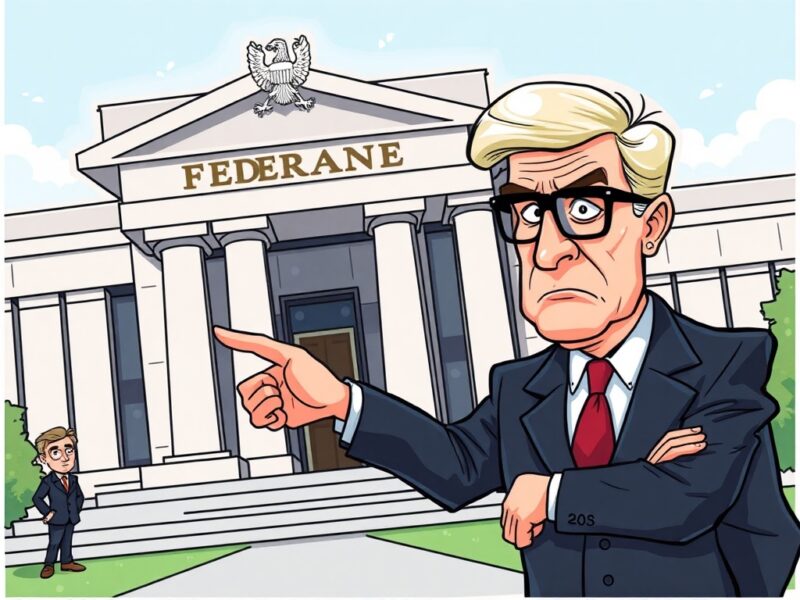Visa Taps Yellow Card for Stablecoin Payments Push Across 20 African Nations
Visa has partnered with Yellow Card Financial to bring stablecoin-powered payments to Africa, starting with the launch in an unnamed country this year, Bloomberg reported Thursday.
The agreement marks a key moment in the growing relationship between traditional payment networks and cryptocurrency infrastructure on the continent.
The Partnership Will Expand Stablecoin Payments Across Africa
Yellow Card, a crypto exchange and stablecoin payments provider operating across 20 African countries, confirmed the partnership this week.
The deal will promote the use of USDC and other digital dollars for faster, low-cost cross-border transactions. More markets are also expected to follow in 2026.
In an interview, Yellow Card co-founder and CEO Chris Maurice said the partnership with Visa will help connect local financial institutions to the benefits of blockchain-based payments.
“Visa sells virtually to every bank in the world, so it opens up opportunities to work with the broader financial institutions that can benefit from the technology the most,” he said.
Founded in 2016, Yellow Card launched operations in Nigeria in 2019 and has processed over $6 billion in transactions. It became Africa’s first licensed stablecoin payments provider and continues to grow across the region, focusing on digital dollar access and financial inclusion.
The deal with Visa will also explore ways to streamline treasury operations and liquidity management. Maurice said Yellow Card’s goal is to create faster, cheaper remittance and payment routes in places where access to U.S. dollars is limited.
Stablecoin usage is rising quickly across Africa, according to data from Chainalysis. In many countries, ongoing currency depreciation and dollar shortages have made stablecoins a practical alternative for cross-border payments and savings.
Sub-Saharan Africa saw steady growth in crypto use overall in 2024, but stablecoins are growing even faster.
Legal frameworks across the continent are also evolving. Countries such as Kenya, Nigeria, Ghana, and South Africa are drafting or implementing regulatory policies for digital assets.
Kenya’s proposed Virtual Asset Service Providers Bill is seen as the most progressive. Edline Murungi, senior legal counsel at Yellow Card, said the bill “recognizes various use cases” and could turn Kenya into a digital asset hub.
“If other countries follow suit, then Kenya is going to be a hub for a lot of digital-asset activities,” she said.
Mauritius was the first African country to pass crypto legislation in 2021. Botswana issued its first license a year later. Several others, including members of the Central African Economic and Monetary Community, now have formal laws in place.
Yellow Card’s rollout with Visa comes as the demand for accessible, dollar-backed digital payments continues to grow in Africa.
Circle Joins Forces with Onafriq to Push USDC Payments Across Africa Amid Stablecoin Surge
As Visa and Yellow Card begin rolling out stablecoin-powered payments in Africa, another major development is reinforcing the continent’s crypto momentum.
On April 30, stablecoin issuer Circle announced a partnership with Onafriq, Africa’s largest payments network, to pilot USDC settlements across the region.
The goal is to reduce the high cost of cross-border payments and eliminate dependence on foreign intermediaries.
Onafriq’s network spans over 500 wallets and 200 million bank accounts across 40+ African countries.
Currently, more than 80% of intra-African transactions are routed through overseas correspondent banks, often settled in USD or euros, adding up to $5 billion in annual fees.
Circle’s initiative seeks to change that, using USDC as a cheaper, faster settlement rail within the continent.
The timing is no coincidence. According to a recent Artemis x Dune report, active stablecoin wallets surged 53% in the past year, reaching 30 million by February 2025.
Stablecoin supply also jumped to $225 billion, with monthly transfers topping $4.1 trillion, a sign of both retail and institutional adoption.
In Sub-Saharan Africa, stablecoins now account for 43% of all crypto volume. Nigeria leads the region, receiving $59 billion in crypto volume over the past year, with 85% of that under $1 million, highlighting widespread grassroots usage.
As more players enter the space, Africa is fast becoming a proving ground for stablecoin utility.
Bunları da Bəyənə Bilərsiniz

Fed Governor Lisa Cook Under Fire: DOJ Official Urges Powell to Act

Market Shifts: Altcoins Surge as Bitcoin Slows
